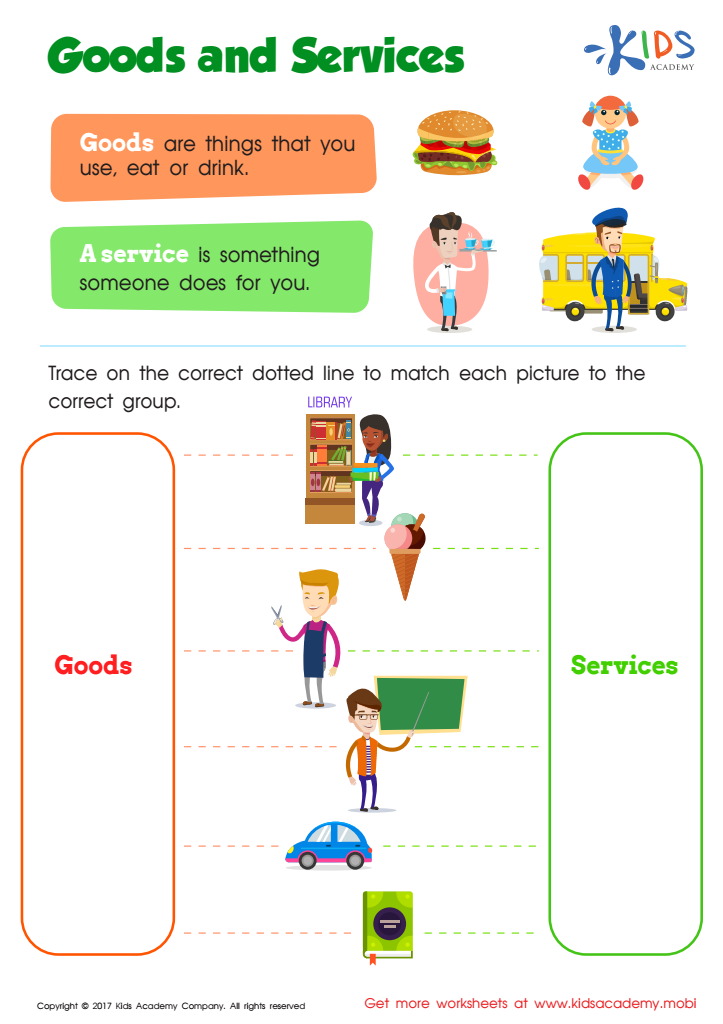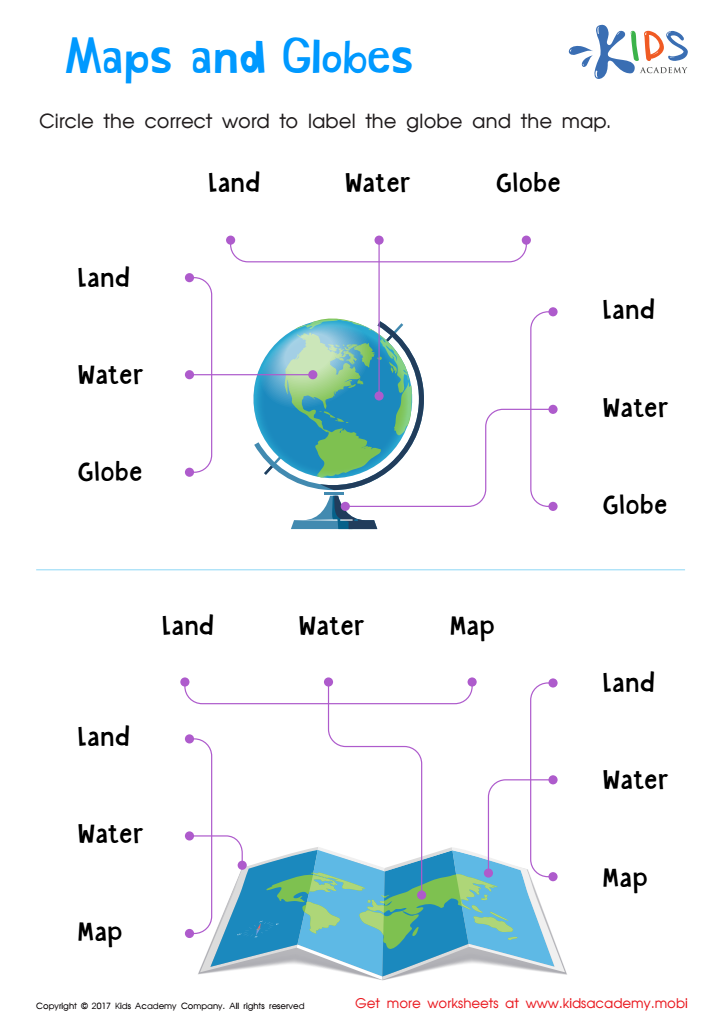Normal Social Studies Worksheets for Ages 6-9 - Page 2
217 filtered results
-
From - To
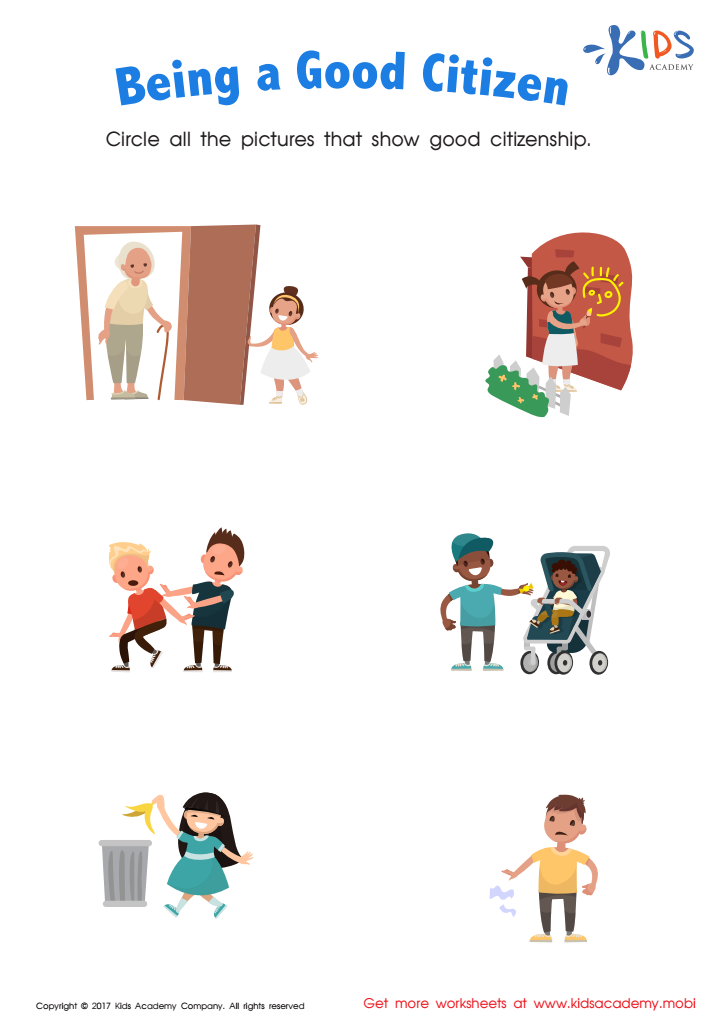

Being a Good Citizen Printable


Washington, D.C. Symbols Worksheet
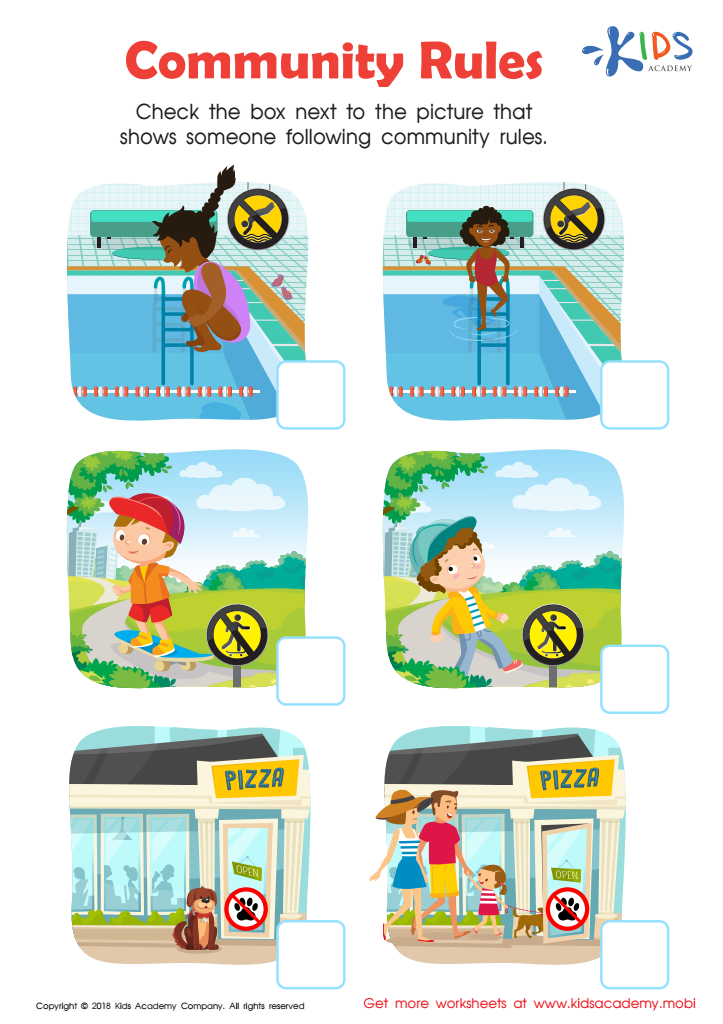

Community Rules Worksheet
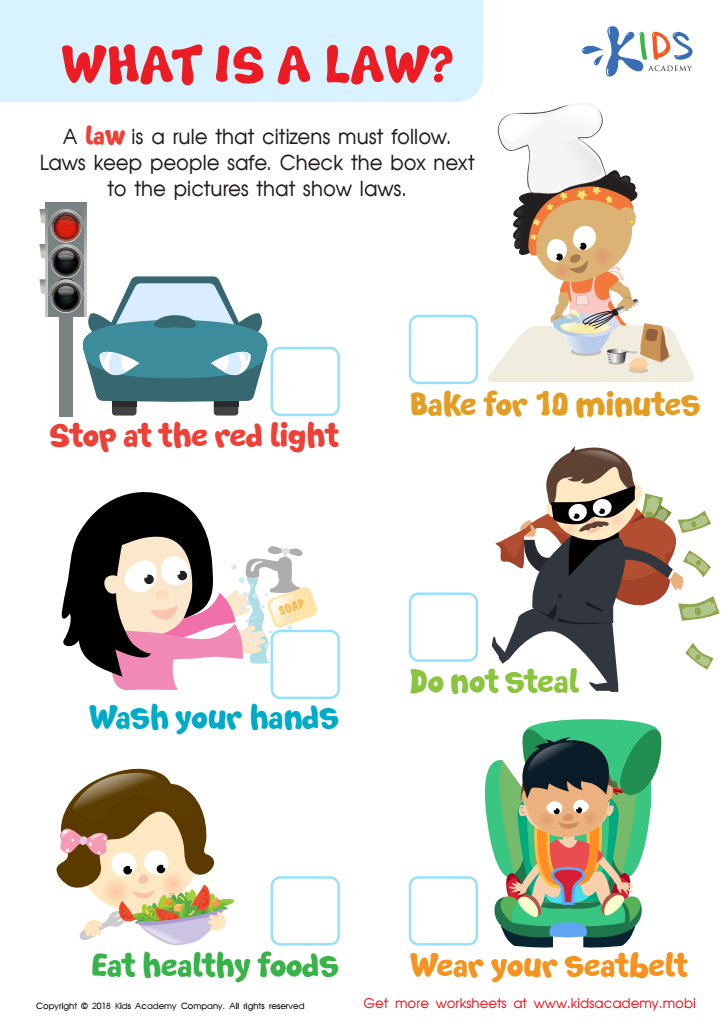

What is a Law? Worksheet
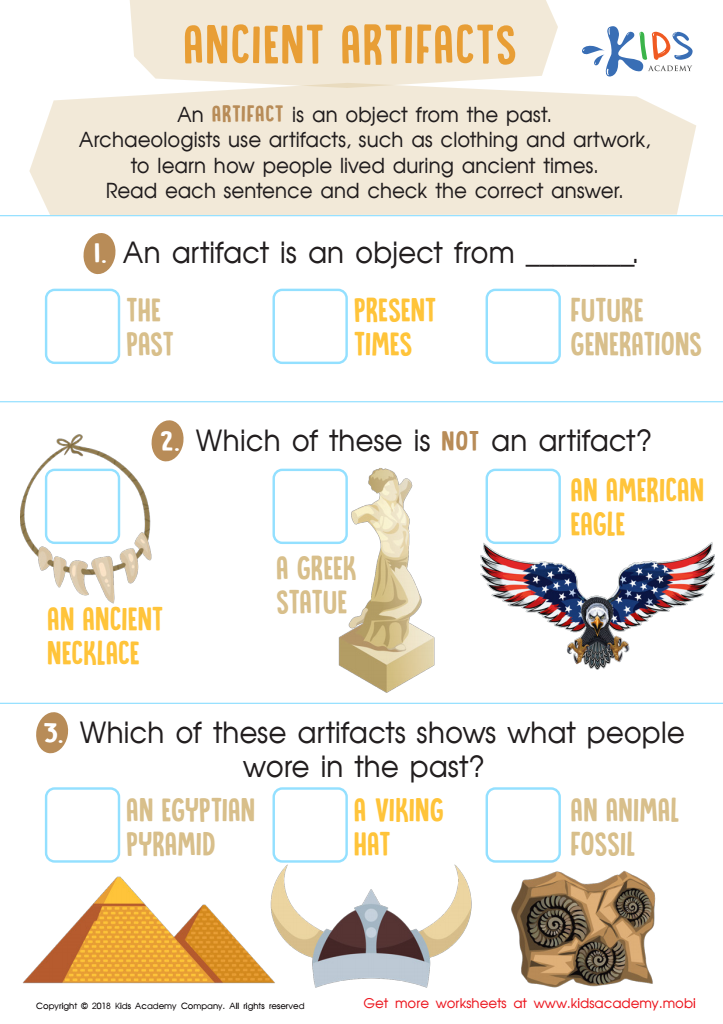

Ancient Artifacts Worksheet


US National Flag Day Worksheet
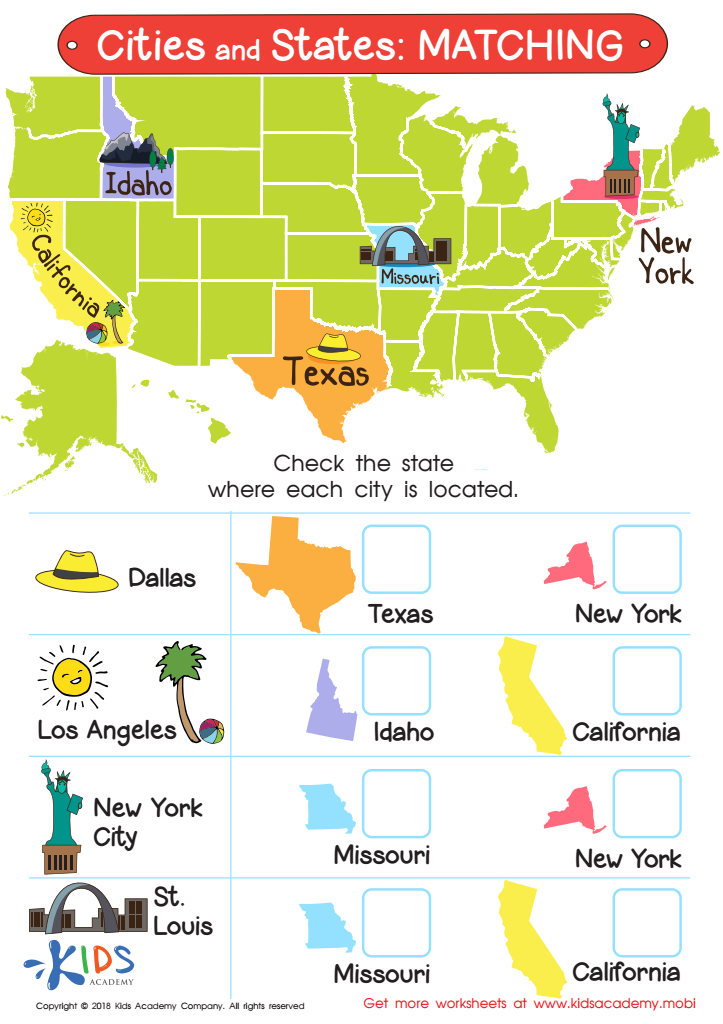

Cities and States: Matching Worksheet
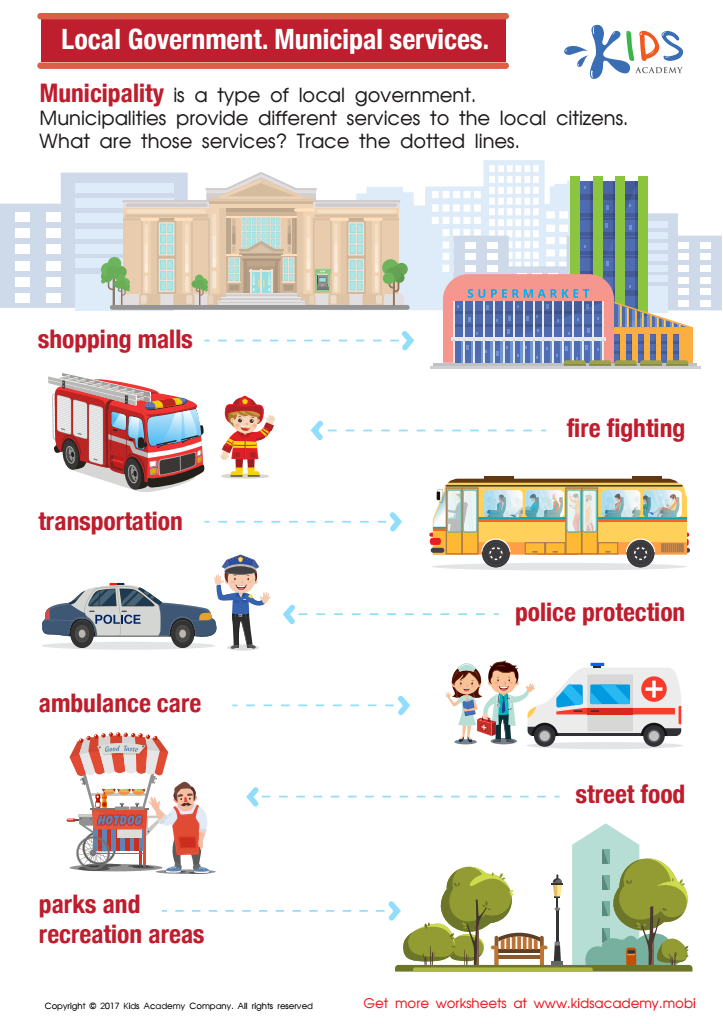

Local Government Worksheet
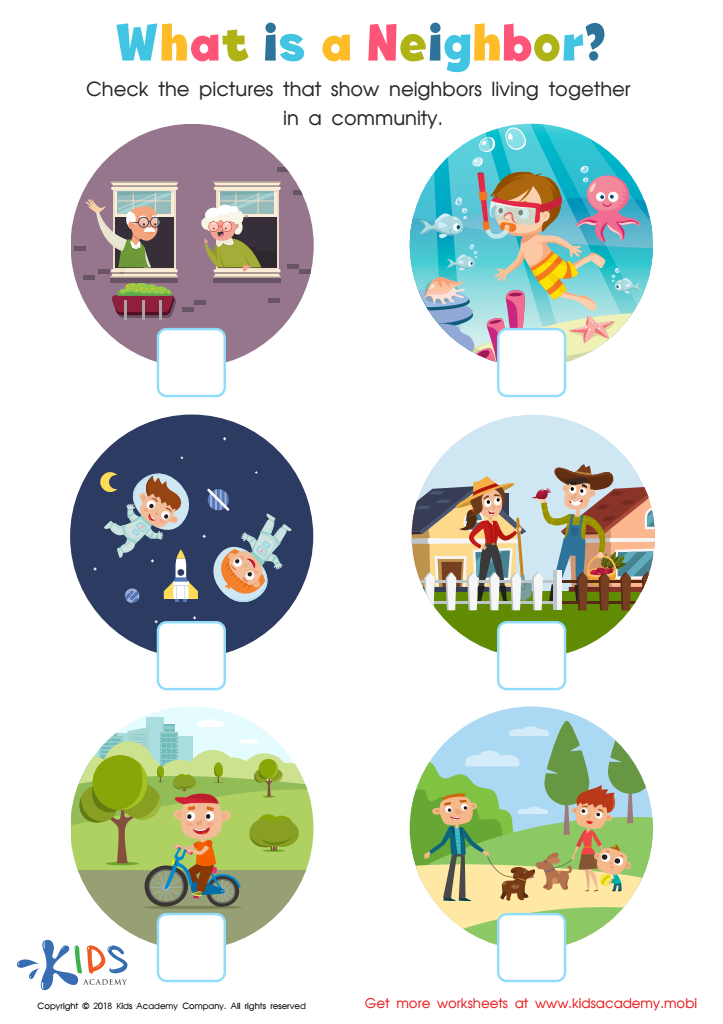

What is a neighbor Worksheet
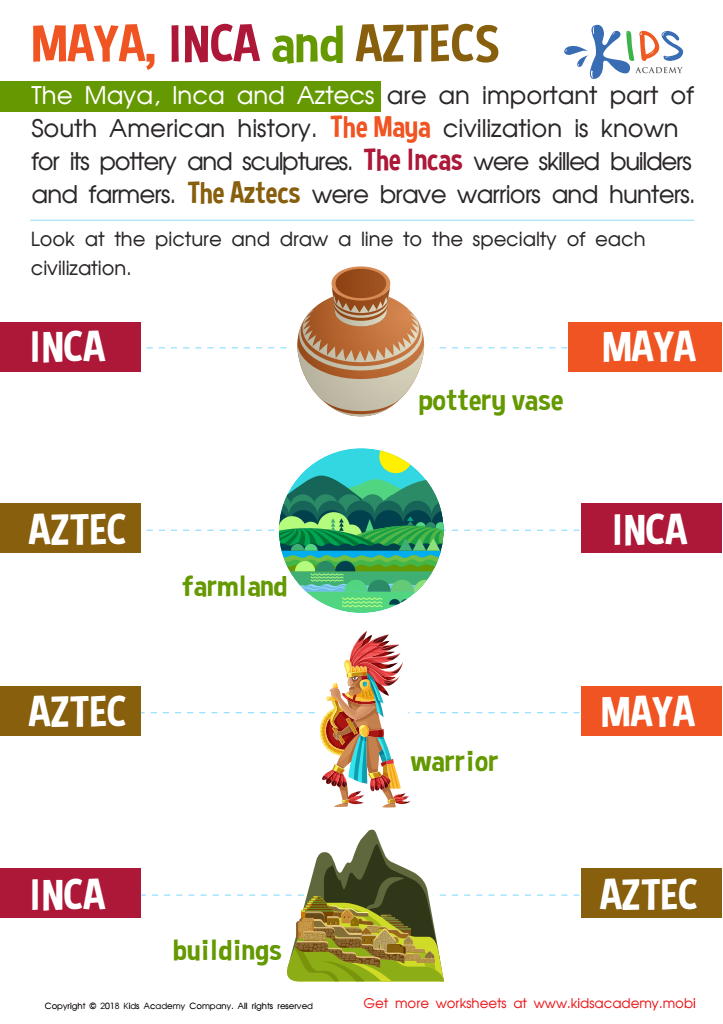

Maya, Inca and Aztecs Worksheet
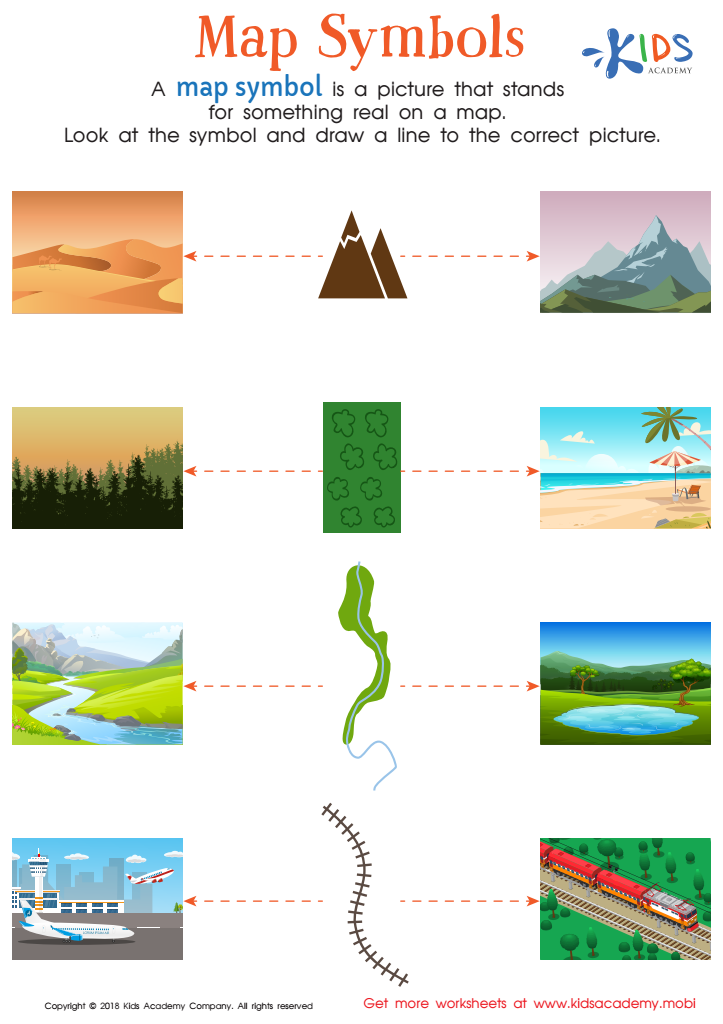

Map Symbols Worksheet


Let's Go to the Store! Worksheet
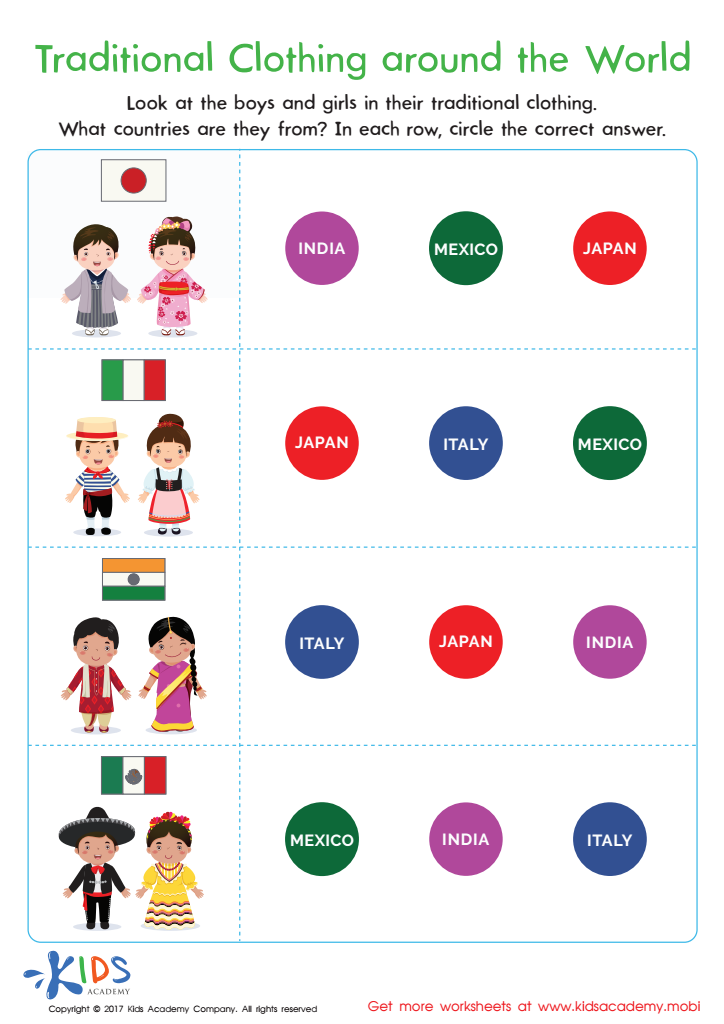

Traditional Clothing Worksheet
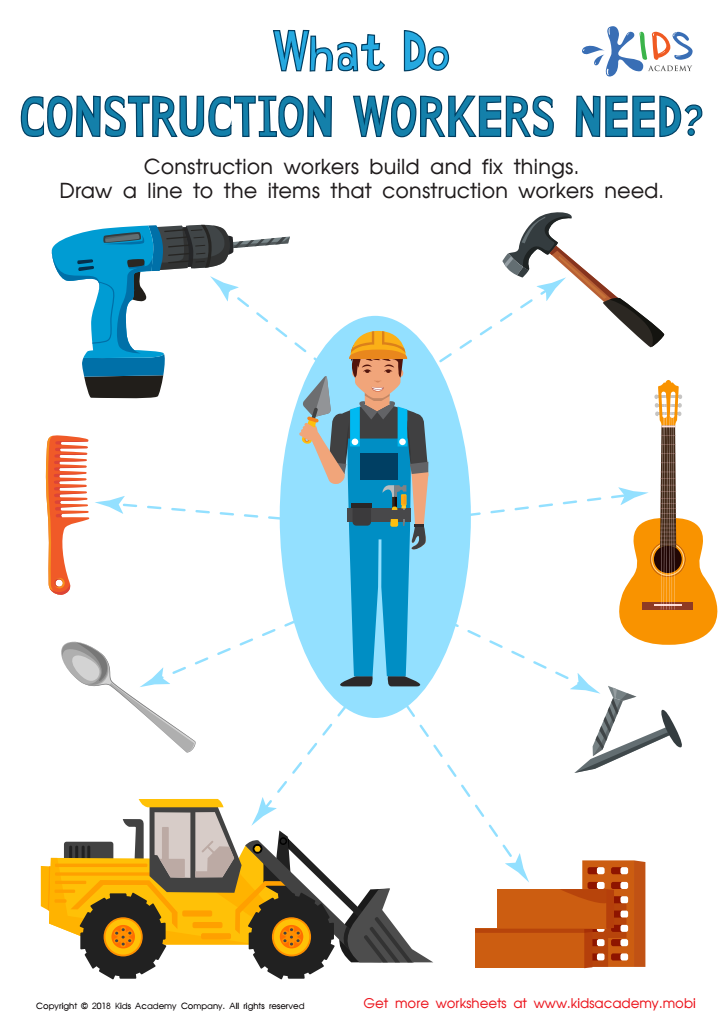

What Do Construction Workers Need? Worksheet
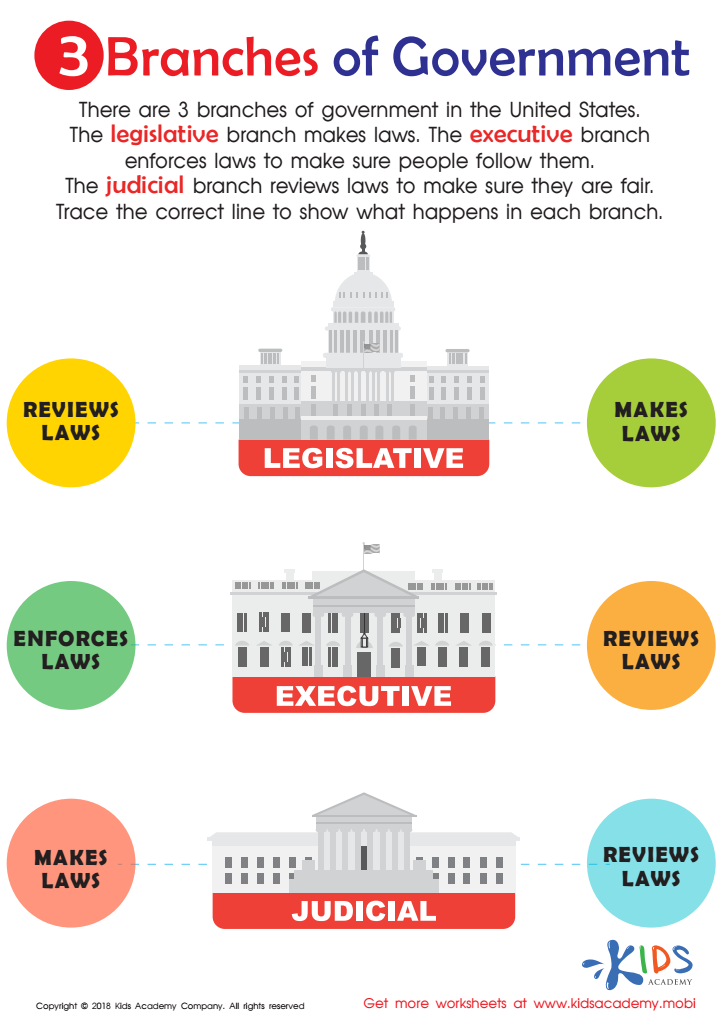

3 Branches of Government Worksheet


Community Buildings Worksheet
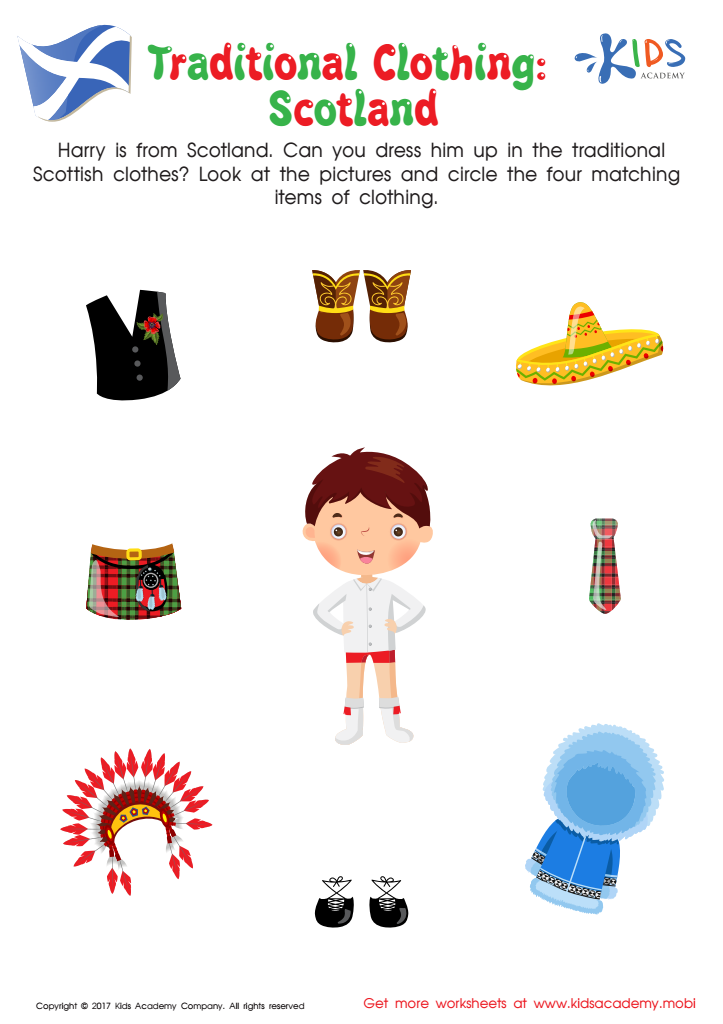

Traditional Clothing in Scotland Worksheet


Italian Word Tracing: Ciao Worksheet
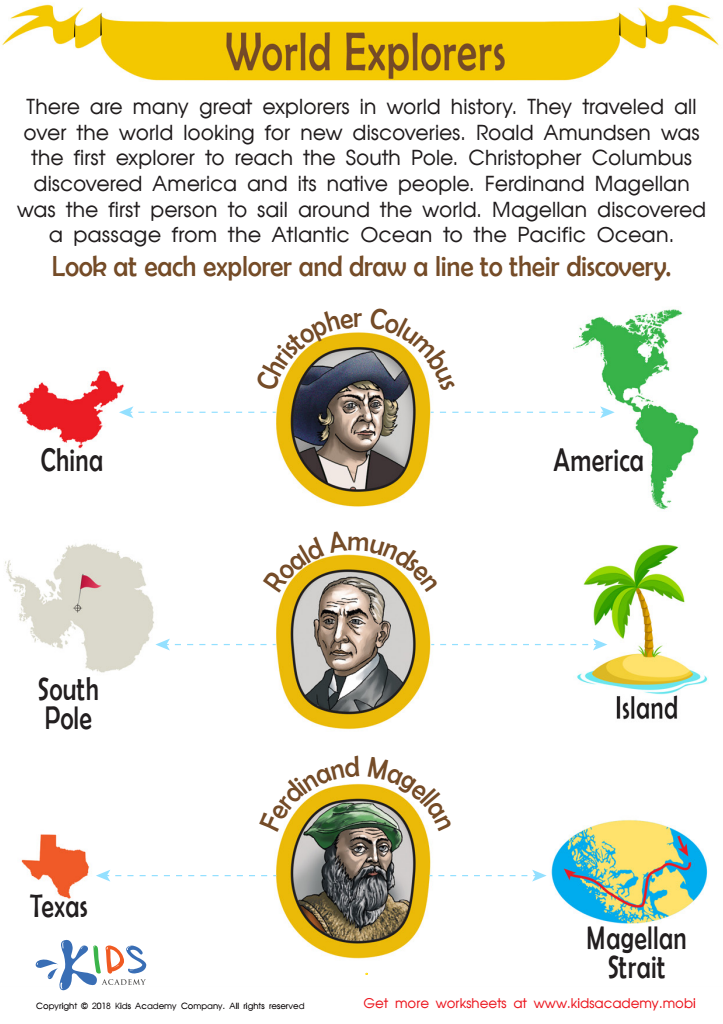

World Explorers Worksheet
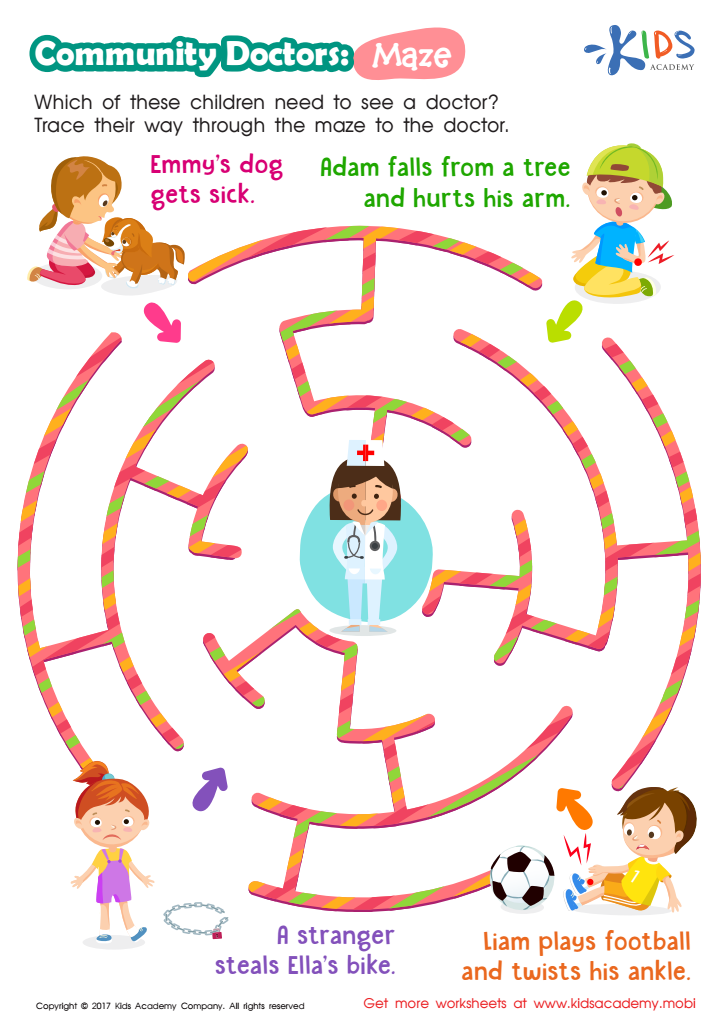

Community Doctors: Maze Printable
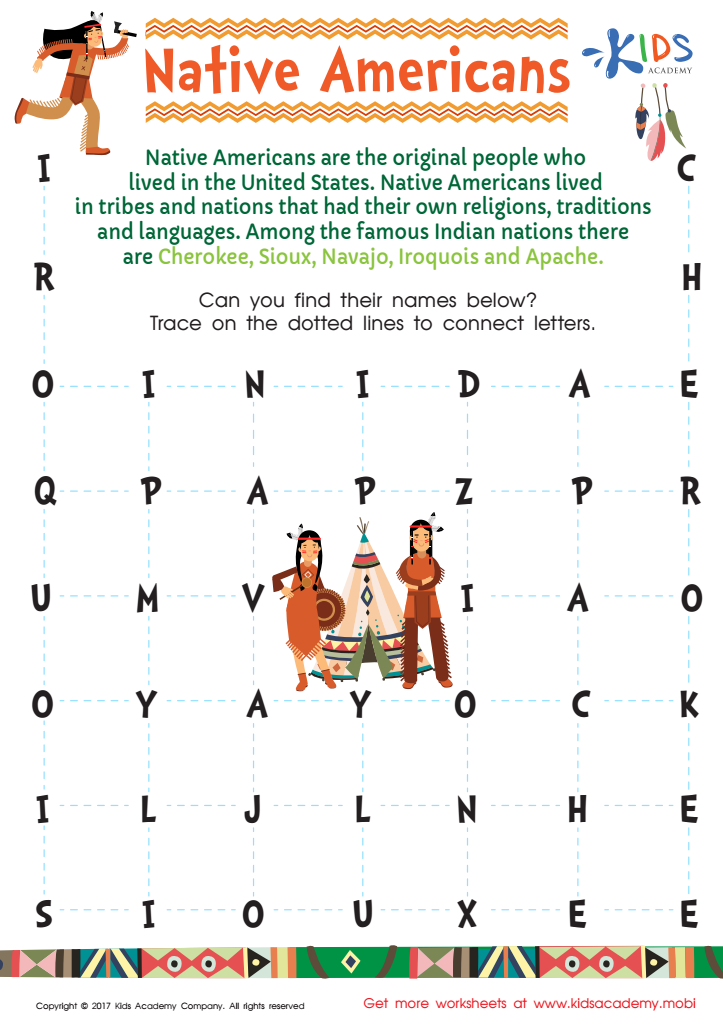

Native American Word Search Printable
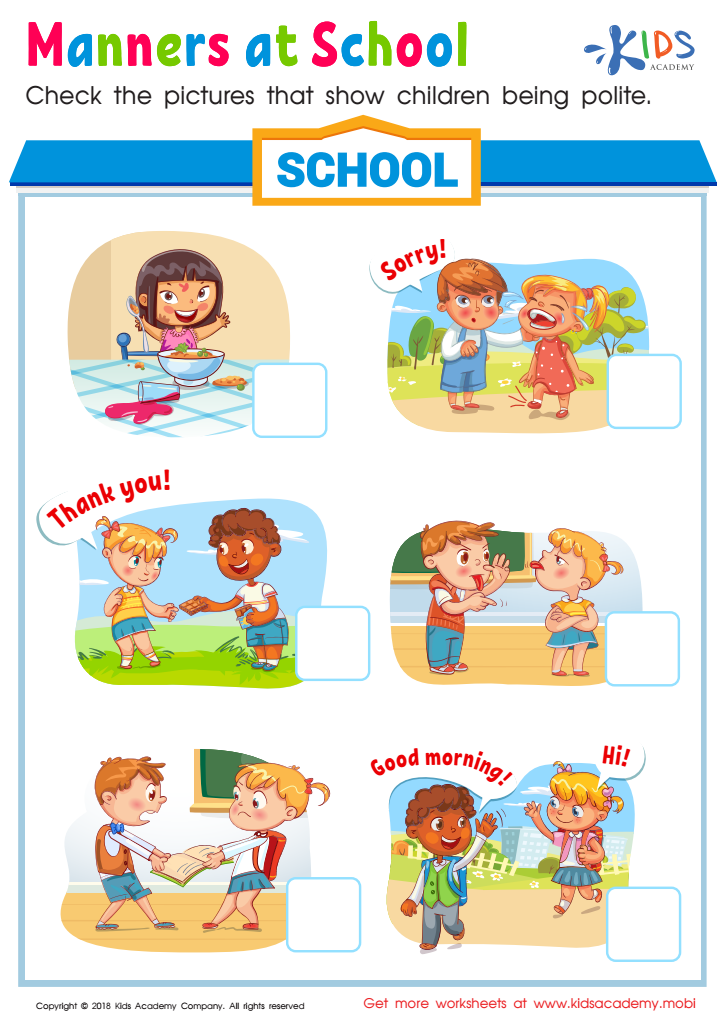

Manners at School Worksheet
Normal Social Studies for children ages 6-9 is crucial for fostering well-rounded, informed, and empathetic individuals. At this age, children's brains are highly malleable, and they are particularly receptive to new ideas. Learning about social studies helps children understand the diverse world they live in, as well as their roles within it. It encourages curiosity about different cultures, traditions, and societal structures, which can promote acceptance and reduce prejudice from an early age.
Social studies provide essential context for understanding current events and historical backgrounds, allowing young students to develop critical thinking and analytical skills. By exploring concepts like community, citizenship, and governance, children begin to grasp how societies function and the importance of contributing positively to their own communities.
Moreover, understanding history and geography helps develop a child's sense of identity and place in the world, grounding them with a sense of heritage and belonging. These lessons often intertwine with fundamental social skills, such as cooperation, empathy, and responsibility, which are necessary for cohesive social interactions.
Teachers and parents should prioritize social studies education, as it plays a vital role in nurturing informed, compassionate, and engaged citizens. By investing in this foundational knowledge, we contribute to a more just and understanding future society.
 Assign to My Students
Assign to My Students
